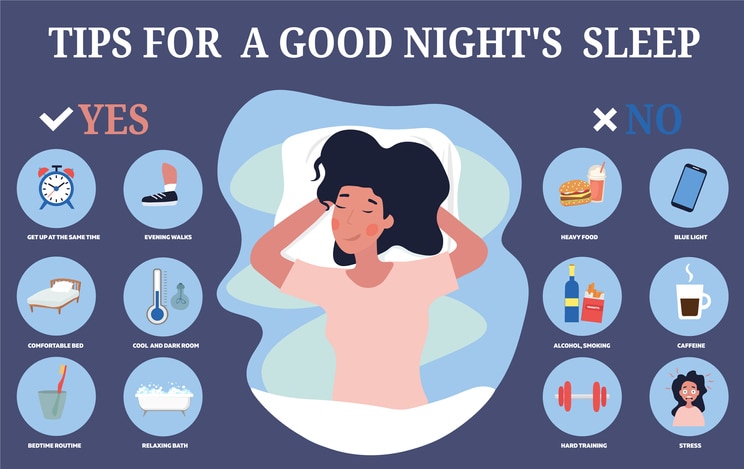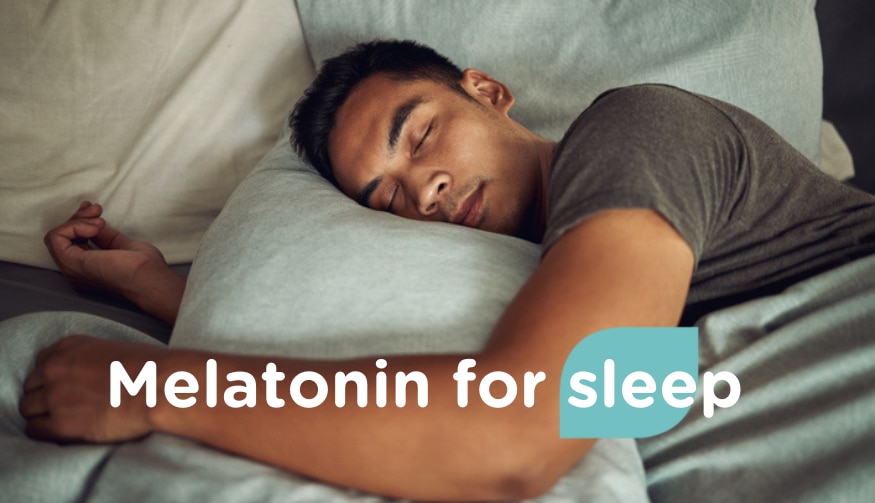Are you tossing and turning at night, yearning for quality sleep? As World Sleep Day approaches, it’s time to explore natural solutions to your sleep woes. In this post, we’ll unveil 8 essential supplements and vitamins that could be your ticket to dreamland. These natural sleep aids don’t just promote relaxation; they help fine-tune your body’s internal clock, making it easier to drift off peacefully. From well-known sleep supporters to hidden gems, we’ll uncover how these supplements can revolutionize your bedtime routine. Ready to bid farewell to sleepless nights and wake up refreshed? Let’s dive into the world of better sleep.
If you have concerns or questions, please seek medical advice before use.
Vitamin B
Vitamin B are vital for supporting brain function, energy levels and cell metabolism as well as help the body produce melatonin. Research has shown that maintaining sufficient levels of Vitamins B3, B5, B6, B9 and B12 may help achieve good sleep.
Best food sources of vitamin B includes whole grains, meat, eggs, seeds and nuts as well as dark leafy vegetables.
Vitamin D
Studies have shown that vitamin D deficiency is associated with a higher risk of sleep disorder with more disrupted sleep. So make sure you get enough sunlight to help your body to product Vitamin D, which in fact is a hormone rather than vitamin.
Other than getting vitamin D from sun exposure, you can also get small quantities of it by supplementation from foods like eggs, salmon, tuna fish and fortified foods.
Vitamin E
It is said that vitamin E can help relieve hot flushes and night sweats experienced by women in menopause stage of life, and thus improve their sleep quality.
Vitamin E can be found in many foods, including vegetable oils, nuts and seeds, as well as green leafy vegetables such as spinach and broccoli.
Calcium
Ever got the advice of drinking a glass of warm milk to help you sleep better? Dairy products contain calcium as well as tryptophan, both of which help the brain to produce melatonin, a hormone that promote healthy sleep.
Apart from dairy products, foods rich in calcium include bread and fortified-flour products, fishes that you eat with bones (e.g. sardines and pilchards), as well as dark leafy vegetables like spinach, kale and turnips.
Magnesium
You might also consider getting some help from magnesium to release tension and muscles, which is essential to prepare your body for rest if it is suffering from sleeping disorder and insomnia.
Nuts such as almonds, peanuts and cashews are great source of magnesium, as well as fruits like avocados and bananas. Chocolate lovers would be delighted to find out dark chocolate is very rich in magnesium too!
Melatonin
Melatonin is a hormone naturally produced by the pineal gland in our brain. When the sun sets in the evening, the melatonin production level usually starts to increase. It binds to receptors in the brain to reduce nerve activities, as well as decrease levels of dopamine, a hormone that helps you stay awake. In short, melatonin gives your body signals that it’s nighttime and you can relax, so that you can fall asleep easier.
Iron
Iron helps transport oxygen throughout your body, which is why a deficiency can leave you feeling fatigued, and is also linked to restless leg syndrome, causing people to constantly feel that they need to move their legs when in bed. Iron-deficiency is common particularly among women.
If you have iron deficiency anaemia, taking iron supplements and adding iron-rich foods, such as red meat, seafood, spinach, iron-fortified cereals and breads to the diet can help.
Valerian root
Valerian root is commonly used as a natural treatment for symptoms of anxiety, depression, and menopause. Menopausal and postmenopausal women have seen their sleep quality and sleep disorder symptoms improve after taking valerian.












